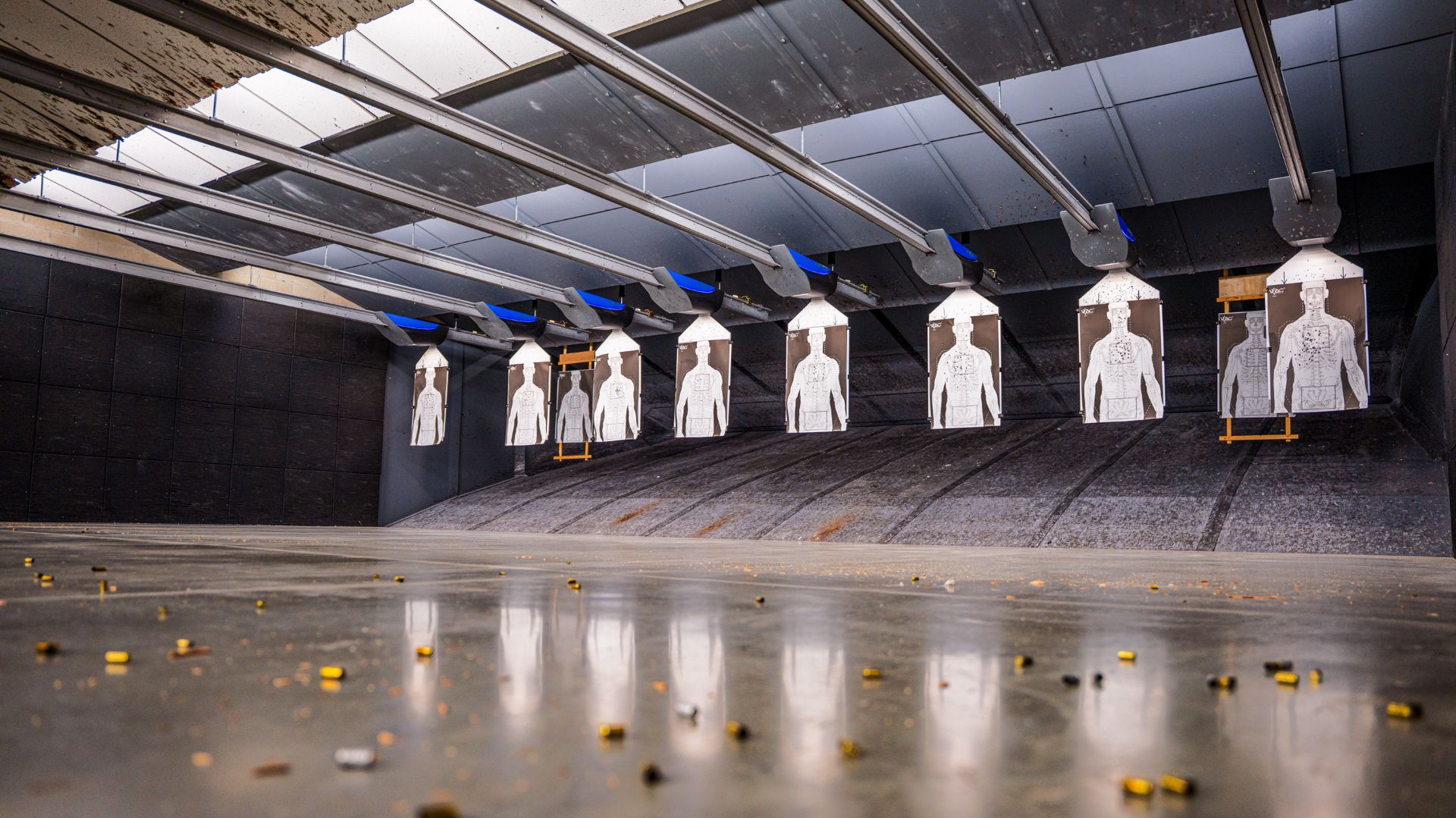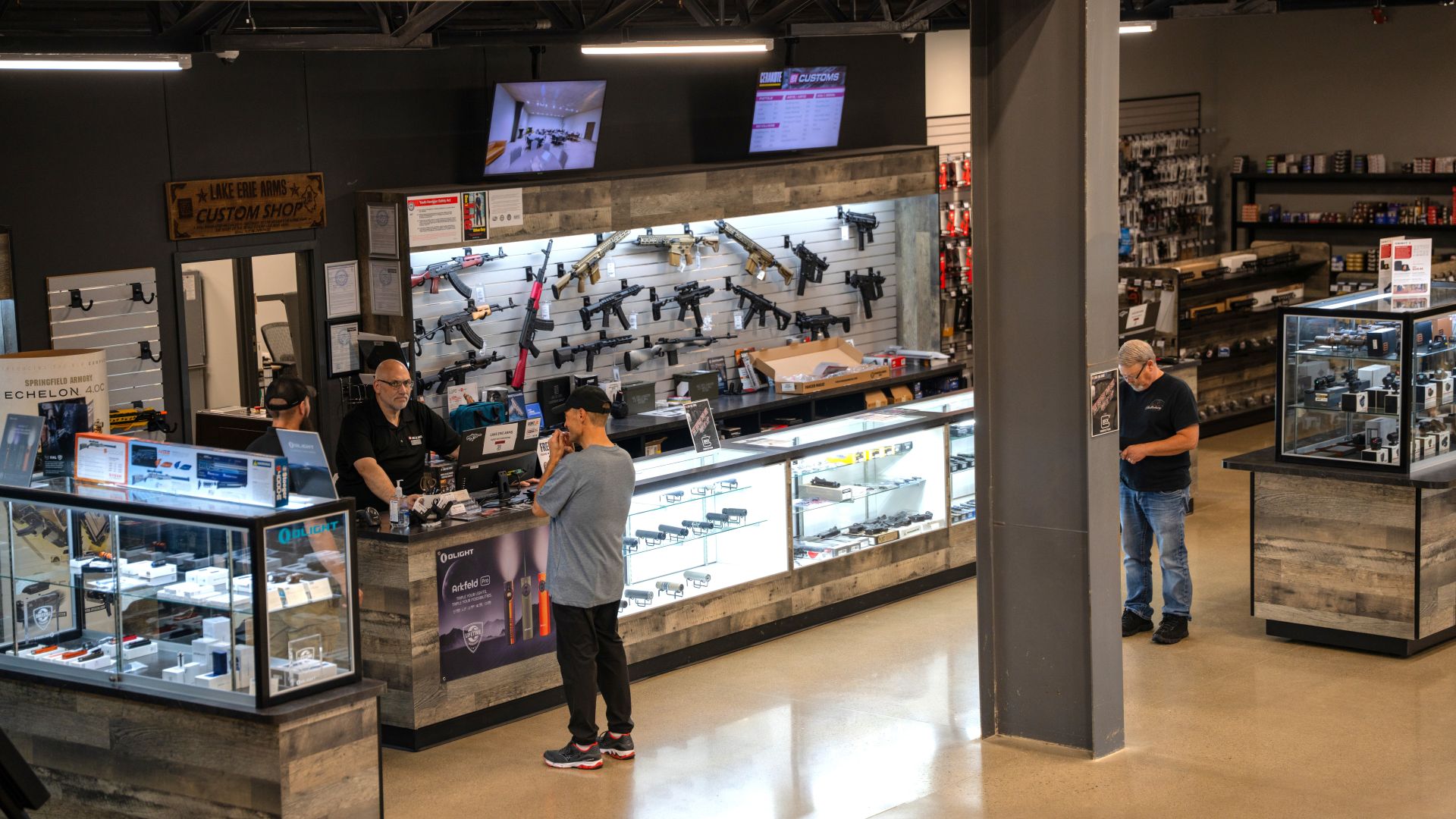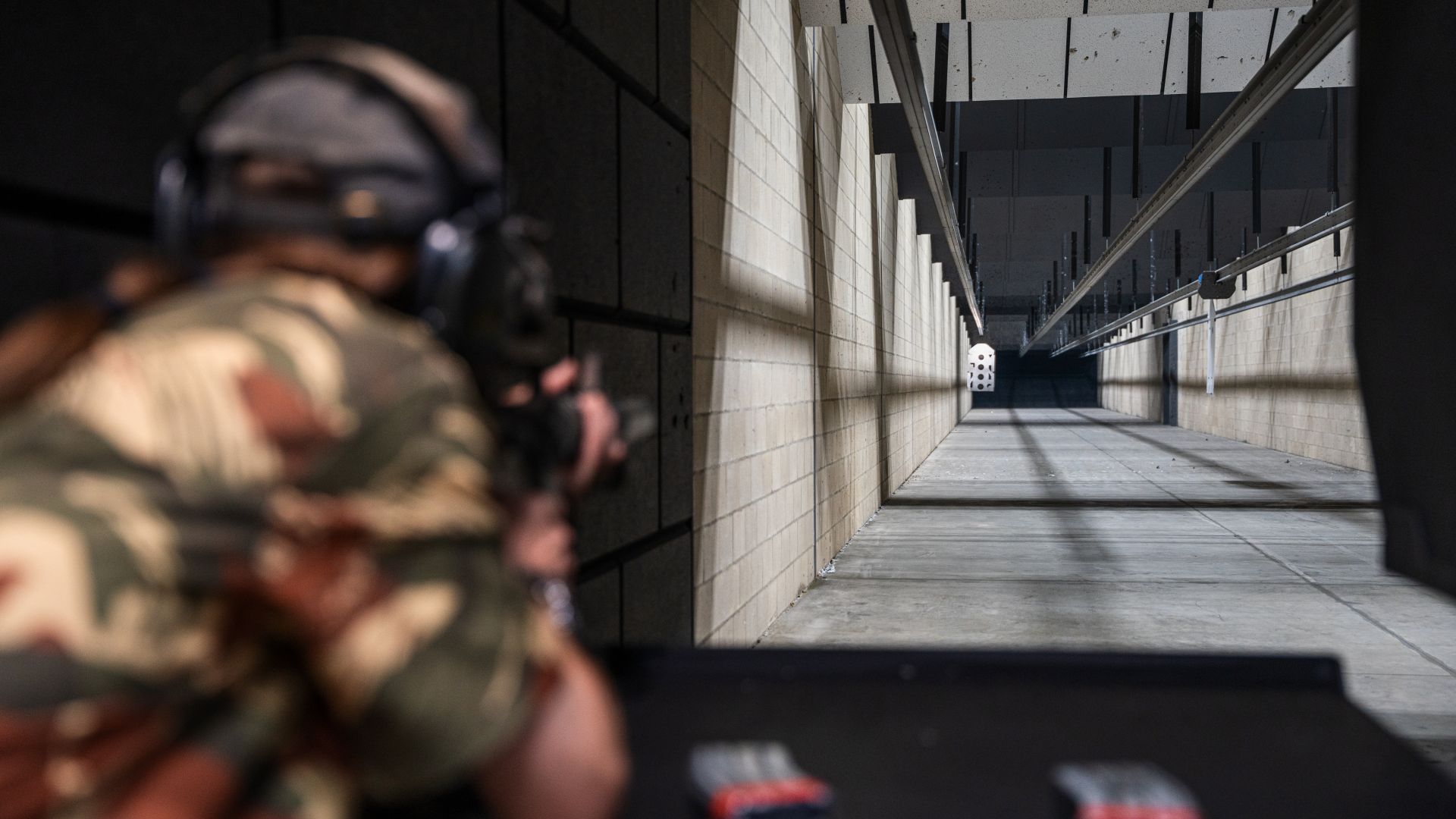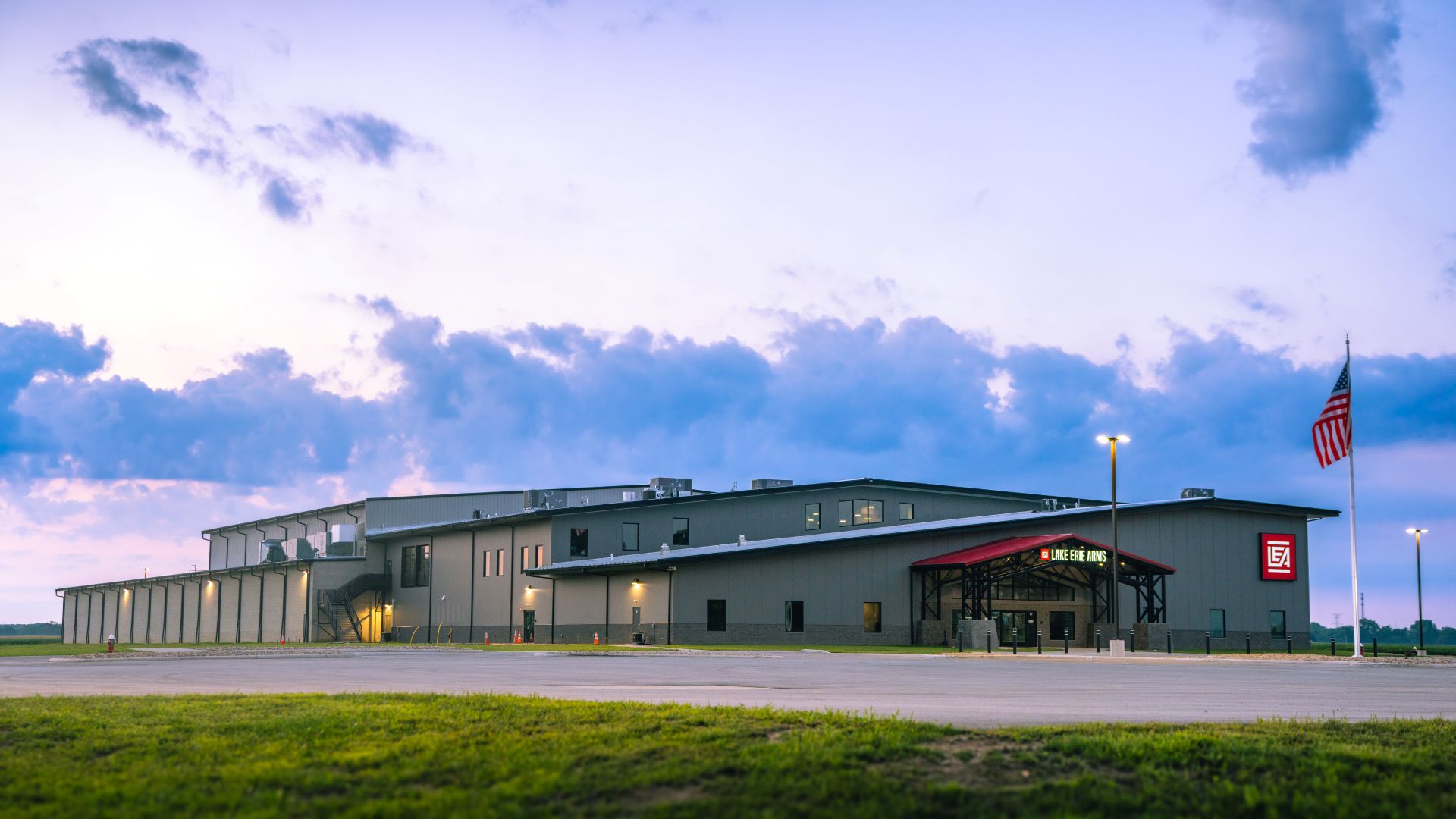- Build Your Range
- Range Equipment
- Range Services
- About Us
- Shop
Build Your Range
Work hand-in-hand with Action Target’s expert range consultants, backed by 40 years of experience, to design a shooting range tailored to your unique needs, space, and training objectives — from bullet traps to target systems. Take the first step in the Build Your Range process, bringing you one step closer to making your range a reality.



